Seminars 2022
The Lab helds invited talks on NLP, Recommender Systems, Data Mining, and related topics twice a month. For more details see the Russian page.
Seminar Automatic Processing and Analysis of Texts & rdquo; dedicated to various processing tasks (tokenization, recovery segmentation, part-of-speech markup and syntactic parsing) and textual information parsing (extraction tasks information, construction and use of knowledge graphs, construction of question-answer systems, text classification, etc.).
Online Seminar "Graph-based recommender systems using continuous network representations"
Date: September 9, 2022
Speaker: Dmitry Kiselev, junior researcher, Scientific and educational laboratory of models and methods of computational pragmatics, Faculty of Computer Science, Higher School of Economics.
Abstract: The work is devoted to the problem of recommender systems and its solution using graph continuous representations. Formulation of the recommendation problem in terms of graphs makes it possible to share content and collaborative information and take into account the dynamics of user behavior. Taken together, this helps solve the core problems of recommender systems (cold start, sequencing, shifts in data distributions, and feedback loops) in a unified approach.
During the talk, several articles will be discussed that focus on solving these problems from the point of view of automatically generating and combining expressive structural, content and temporal features for the task of predicting connections (recommendations). Also, two approaches to exploring new states based on the interaction graph of users and objects will be shown.
Online Seminar "Text Mining for Online Social Networks".
Date: May 19, 2022
Speaker: Ilya Karpov, senior lecturer, Department of Data Analysis and Artificial Intelligence, Faculty of Computer Science, Higher School of Economics.
Abstract: Applied tasks, such as trends monitoring, fake news detection, sentiment analysis and sarcasm detection, require precise yet generalized models. A significant part of such tasks arises in texts written by users of online social networks, which are more complicated for analysis due to specific vocabulary, typos, and slang. At the seminar we will talk about differences between texts written by online users and professional writers and discuss approach to additional pretraining of generalized language models with social network knowledge injection.
A recording of the seminar is available via link.
Online Seminar "Introduction to neural network processing of human speech"
Date: February 24, 2022
Speaker: Ivan Zakharov, ML engineer in the speech technologies department of Tinkoff.
Abstract: the lecture is devoted to how neural networks are used in speech technology: I will touch on the digitization of an analog signal, the formation of representative features from an audio track, and will also talk about those areas of speech processing in which deep learning is actively used. In the second part of the report there will be a small master class in which we will solve the problem of sound classification using neural networks.
A recording of the seminar is available via link.
Online Seminar "Four Dialogue Evaluation Competitions"
Date: January 3, 2022
Speakers: Evgeny Kotelnikov (VyatGU), Darina Dementieva (Skoltech), Natalya Lukashevich (MSU), Ekaterina Artemova (HSE).
Abstract: four competitions of the Dialogue Evaluation campaign will be presented at the seminar: the competition for automatic detoxification of texts RUSSE Detoxification, the competition for argumentation analysis RuArg, the competition for extracting nested named entities RuNNE, the competition for recognizing generated texts RuATD.
Competition materials are presented on the Dialogue Evaluation campaign website.
A recording of the seminar is available via link.
Have you spotted a typo?
Highlight it, click Ctrl+Enter and send us a message. Thank you for your help!
To be used only for spelling or punctuation mistakes.
